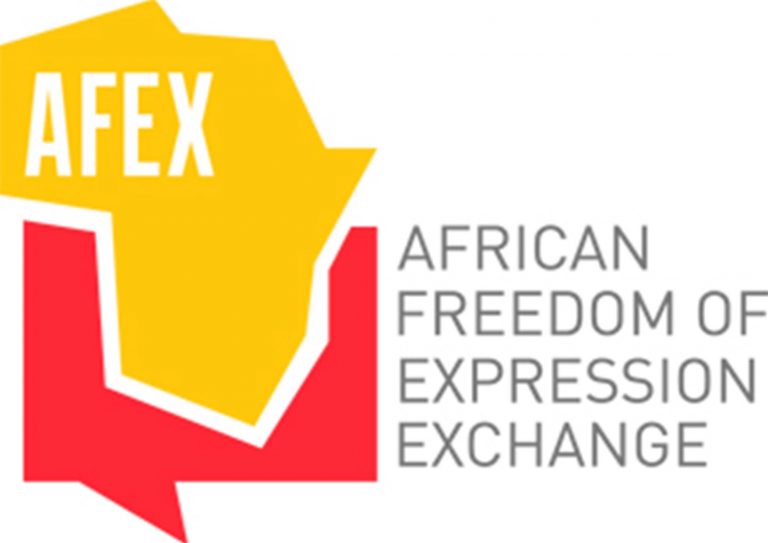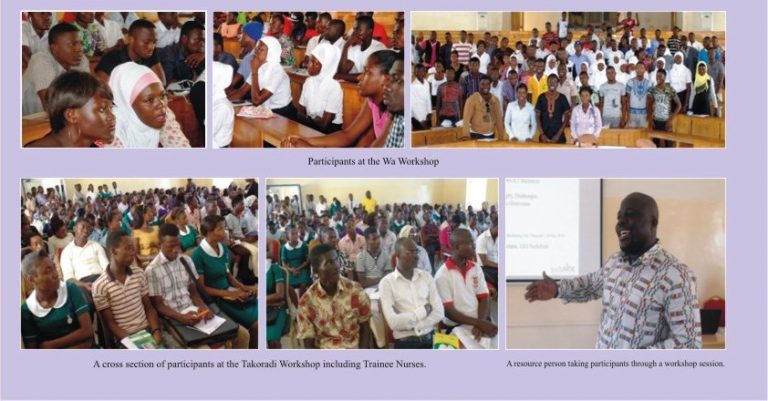Across West Africa, critical journalists have had to face parliamentary and judicial enquiries, arbitrary arrests and detentions in recent times. In what appears to be an emerging pattern of attempts at censorship and restrictions on critical reporting, journalists in various countries have had to face questioning by authorities for their reports.
Since the beginning of 2015, 23 journalists from different countries in the region have been summoned or arrested and questioned by state institutions or regulatory bodies.
The most recent incident occurred in Guinea Bissau and Sierra Leone on December 4th 2015. In the first incident, the Attorney General of Guinea Bissau, António Sedja Man ordered the cancellation of a scheduled popular programme on a state-owned radio station and summoned the Director General of the state broadcaster to the Ministry of Justice for what he called “a working meeting.”
A subpoena dated December 4, signed by the Attorney General, summoned Francisco Muniro Conte and called off the programme which is popular for its frank discussion of topical national issues. However, strong protests from media organisations in the country saved the journalist from further harassment.
On the same day, the Clerk of Parliament in Sierra Leone summoned three journalists to appear before Parliament to answer questions. Thomas Dixon and Theo Harding, Managing Editor and Editor of Salone Times, respectively, and Asma James, Station Manager of Radio Democracy, were asked to appear and clarify a claim they made on the December 3 edition of a radio programme called “Good Morning Salone.” The programme was broadcast on local radio station Radio Democracy. The said claim concerned the travelling budget of the Minister of Information and Communications, Alhaji Alpha Kanu.
Earlier on September 10, the the Clerk of Parliament had summoned Abdul Karim Fonti Kabia and Bampia J. Bundu, Publisher and Managing Editor, respectively of Blade newspaper regarding a satirical article they published on September 1, titled: “SHAMEFULL: Rubber Stamp Parliament.”
The Independent Media Commission (IMC) is the constitutionally-mandated body in charge of resolving media disputes and sanctioning unprofessional media conduct in Sierra Leone. However, the country’s Parliament appears to be assuming the mandate of the IMC in a manner that many fear may result in intimidating the media.
“We believe that if Parliament wants to clarify any broadcast or publication, they should go through the Independent Media Commission (IMC) as part of strengthening state institutions,” said Amadu Lamrana Bah, President of the Sierra Leone Reporters Union (SLRU).
In Niger, two journalists, Zabeirou Souley, Editor in Chief of Le Nouveau Républicain, and Roufai Dan Doua, Editor in Chief of 90 Minutes, were arrested on November 4, and questioned by the police following a defamation complaint by the president of the Niger Football Federation. Souley and Doua were released after being detained and questioned for several hours.
Earlier, Garba Lompo, the Managing Editor of Canard Déchainé, Oumarou Aliou Modibo, was summoned and questioned at the office of the Public Prosecutor at the Niamey County Court. The questioning followed a March 16 publication of an article on the illegal acquisition of land by the Nigerien Minister of Justice. The editor was later put into custody overnight.
Then comes Cote d’Ivoire where on October 30, Koffi Kouassi Norbert, who writes under the pen name Norbert N’Kaka, was summoned by Sessi Soukou, the Deputy Mayor of Dabou, a town in southern Côte d’Ivoire. Soukou summoned Kouassi to explain his articles about the town that the Deputy Mayor considered unfair. While N’Kaka was with the Deputy Mayor responding to questions about his articles, some youth in the town attacked his home.
Prior to the October 30 incident, Joseph Gnahoua Titi and Séverine Blé, Managing Editor and Editor in Chief of Aujourd’hui newspaper, were on July 28, summoned by investigative department of the country’s Gendarmerie to explain a July 21 publication about the wealth of Ivorian President Alassanne Ouattara. The said publication was titled, “President Ouattara is extremely rich. His wealth is estimated at 17 billion US dollars.” The two journalists were questioned for nearly five hours by the Gendarmerie.
In Senegal, On August 28, Mamadou Wane, Managing Editor of Enquête newspaper, was summoned to appear before an investigating magistrate. Wane was summoned and accused of “illegally publishing judicial proceedings before public hearing.” When he appeared, he was charged and put on probation the entire day. His passport was also seized.
Still in Senegal, three journalists —Mohamed Gueye, Alioune Badara Fall and Mamadou Wane—were summoned by the police on July 14. Prior to this, Gueye had been summoned twice by the police regarding a publication on a counterfeiting case involving a musician named Thione Seck. The three journalists were later detained.
On July 1, the dreaded National Intelligent Agency (NIA) of The Gambia, summoned and interrogated five journalists of The Voice newspaper. The NIA questioned Musa S. Sheriff, Sulayman Ceesay, Bakary Ceesay, Amadou Bah and Mafugi Ceesay and demanded personal information. The NIA requested information about the newspaper’s sources of revenue, how it obtains reports, its aims and objectives, what it stands for and the kind of information the journalists cover.
Ghana is not an exception. On June 29, Kojo Yankson, morning show host of Accra-based Joy FM, was summoned by the Privileges Committee of the country’s Parliament. Yankson was summoned along with Professor Alex Dodoo, an academic and clinical scientist. This followed an interview Prof. Dodoo granted Yankson, in which Prof. Dodoo said MPs were ignorant about Ebola vaccine trials.
In Guinea, Diallo Souleymane, the General Manager of Lynx newspaper was summoned on March 25 and 26, and questioned by Martine Condé, the president of Guinea’s media regulatory body, Haute Autorité de la Communication (HAC-High Communications Authority). This followed an article Souleymane wrote on the then-newly constituted HAC. The article, which was published in the March 16 edition of Lynx, condemned a violation of Article 7 of the law on the HAC stipulating that “the President of the HAC shall be elected by his peers under the supervision of the Constitutional Court.” In the case in point, however, the new president and members of the HAC took an oath before a bailiff instead.
The MFWA believes that even though perceived acts of unprofessionalism must be checked, constitutionally-mandated independent institutions, especially media regulatory bodies, must be the institution to issue reprimand and sanctions. Even in that case, the regulatory body must be tactful when resolving these matters so that journalists feel safe to question state officials and institutions and the media is not forced into self-censorship.
Summons of media personnel by the executive, the police and other state security agencies are unwarranted and intimidating. For democracy and good governance to thrive, journalists and the media must be able to report on all issues without harassment and intimidation in order to demand accountability on behalf of the citizenry.







